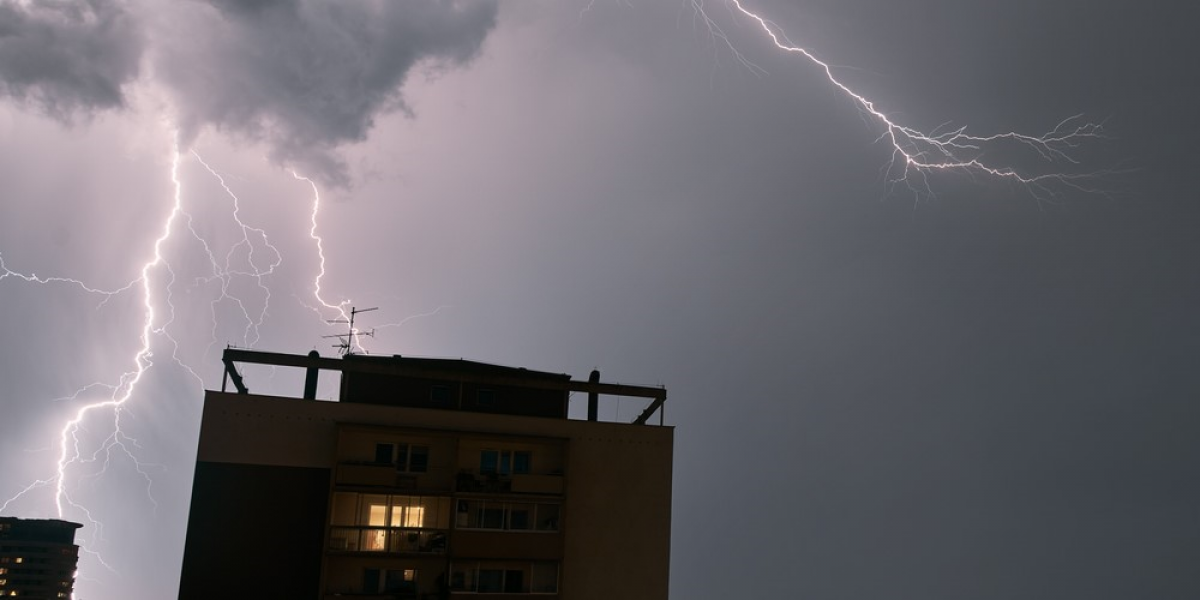Image Commercially Licensed From: DepositPhotos
Examining Climate Adaptation Measures and Disaster Preparedness Efforts
In the wake of escalating extreme weather events, it becomes imperative to delve into the measures taken by the state to fortify its infrastructure against the impacts of climate change. This article meticulously scrutinizes the strategies implemented to bolster infrastructure resilience, emphasizing climate adaptation measures and disaster preparedness initiatives.
Strengthening Infrastructure Resilience
The state has been actively engaged in fortifying its infrastructure to withstand the growing threats posed by extreme weather conditions. Recognizing the need for proactive measures, authorities have prioritized climate adaptation strategies. These encompass robust infrastructure design, incorporating climate-resilient materials and technologies. The integration of these elements aims to mitigate the potential damages caused by severe weather events.
Climate Adaptation Measures
In a bid to future-proof critical infrastructure, the state has adopted climate adaptation measures that align with the latest scientific findings. This includes the incorporation of sustainable practices, eco-friendly materials, and advanced technologies. By leveraging data-driven insights, decision-makers can tailor these measures to address specific vulnerabilities and enhance overall resilience.
Disaster Preparedness Initiatives
An integral component of infrastructure resilience is disaster preparedness. The state has implemented comprehensive disaster response plans, ensuring a swift and coordinated reaction to extreme weather events. These initiatives encompass regular drills, training programs, and the utilization of cutting-edge technology to streamline emergency responses. By prioritizing preparedness, the state aims to minimize the impact of disasters on both urban and rural areas.
Contrarian Statement: Balancing Act or Overemphasis?
While the emphasis on infrastructure resilience is undoubtedly crucial, some critics argue that there might be an overemphasis on fortification. They contend that an excessive focus on climate adaptation and disaster preparedness might divert resources from addressing the root causes of climate change. Striking a balance between immediate resilience and long-term sustainability is a nuanced challenge that demands careful consideration.
Summarizing the Infrastructure Resilience Landscape
In summary, the state’s proactive approach to enhancing infrastructure resilience in the face of extreme weather events is commendable. The integration of climate adaptation measures and disaster preparedness initiatives reflects a commitment to safeguarding communities and vital assets. However, the ongoing debate regarding the balance between immediate resilience and long-term sustainability underscores the complexities inherent in navigating the challenges posed by climate change.
This comprehensive examination sheds light on the state’s endeavors to fortify its infrastructure, providing a holistic understanding of the strategies in place. As climate change continues to pose unprecedented threats, the state’s commitment to resilience becomes a beacon of hope, albeit one that requires ongoing scrutiny and adaptation to effectively address the evolving landscape of extreme weather events.









